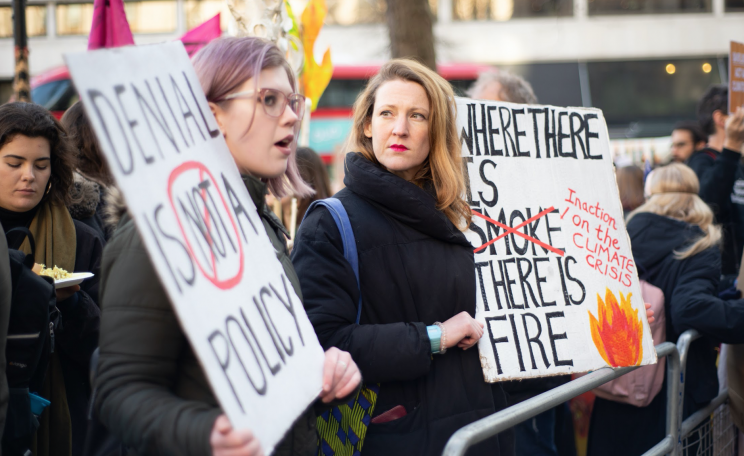Letting go is easy when we accept nothing lasts forever
While on some level we all know that we will die and so will those we love and care for, the reality of the situation is something most of us do not wish to face. Very often this reality is so far removed that we think we don’t need to address it, but we do! Feelings of loss can be so devastating that they inhibit our ability to live life. This can be true for all ‘losses’ not just the loss of a loved one. In order to appreciate the true cost of grieving on our evolution, we need to look at the consequences for ourself, others and the universe – particularly in respect of our impact on others.
What are the consequences if we sit in a state of profound sadness, guilt, anger and resentment for years on end? What are the consequences if we choose to celebrate with joy and laughter for a life that we have had the honour to share? It is a fact that the way in which we perceive our experiences in life becomes the lens through which we then project ourself towards others. Very simply this means that in our grief we will project negative emotions onto others and in our celebration we project our joy. A world in which joy is projected is a healthier and happier world. Why then would we choose grief over celebration? The answer has to be, because we don’t realise we have a choice!
Since attitudes to death and dying vary from culture to culture and individual to individual, we can assume that there isn’t just one ‘human’ way of dealing with loss. If it is possible for human beings to celebrate loss (and it is), and since our response to loss is not genetically pre-determined, then we can all learn to celebrate loss with joy. The key ingredients for us to be able to do this lie within ourself – within our Spiritual-Logic.
What is Spiritual-Logic? Quite simply, it is our ability to see beyond our conditioned way of doing things and to recognise that that there is another way and we have a choice in how we experience life. Whilst supporting Mum through the final six months of her life I found myself practicing on a full time basis the things that I had been preaching to my students for years… Patience, compassion, forgiveness, unconditional love, acceptance are all higher-level emotional functions that we are capable of and are an aspect of our Spiritual-Logic.
When we engage with our Spiritual-Logic, we allow ourselves to see beyond our conditioned ideals of how things should be (and our fears) and face reality with a sense of peace and acceptance. Letting go is easy to achieve when we truly accept that nothing lasts forever. Everything that is physical must leave us, or us it, at some point in time. To wish for it not to be that way is to live through an illusion that can only cause inner pain and suffering. The fact that I didn’t want my Mum to die is irrelevant. The world doesn’t work around what I want and no amount of me ‘wanting it’ more or less is going to make any difference. In my acceptance of this reality there was great comfort and a softening in my body. Why? Because there is no stress, no resistance – there is nothing false that I am trying to hold on to. There is just pure acceptance of what is.
As I look back, now, Mum has been gone for a year. Life has continued to flow. I am also a year older and hopefully wiser! My own daughter is now two years old and I watch in awe of her ability to transform herself on a daily basis as she engages in new experiences. Yes, I know Mum would have loved to see her granddaughter grow up and whilst that thought might sadden me (because I ‘wanted’ that for her too), the reality is that my daughter is engaging in and loving life as it is now. To bring my thought-based sadness into her joy for life would undermine my Mother’s contribution to both our lives. So, instead, I watch the events before me with a sense of joy and inspiration and know that the part of Mum that is in me sees it too.
Do I feel guilty for not having done more or not having done things differently? No. Do I feel angry that Mum had to go and isn’t going to get to see her grandchildren grow up? No. Why? Because these feelings don’t help me live my life to my highest potential, nor do they give my daughter the best start in her life. Hindsight is a wonderful thing but to punish oneself for not having foresight is to expect to be perfect. It is our expectations that are the source of our suffering – and that includes expectations of perfection and permanence.
At a non-physical level no-one really dies. Their life goes on in those they have influenced along their journey. When we continue to thrive, to contribute to the world to the best of our ability, we make their life more meaningful. As Mum was dying she said to me that she wanted to feel that her life had been worth it. Her measure of ‘worth it’ wasn’t based on materialistic wealth. It was very simply based on whether she had done the best by her children that she could have. Well, she did and I will do my utmost to make sure that her life continues to increase in value with every breath I take.
Dying to Live: A Personal Journey Through Terminal Illness Using Spiritual-Logic by Helen Emms was published on 20 September (Live It; £14.99). Proceeds benefit the following UK charities: Iain Rennie Hospice at Home, Brain Tumour Research and Brain Tumour UK.
Letting go is easy when we accept nothing lasts forever




